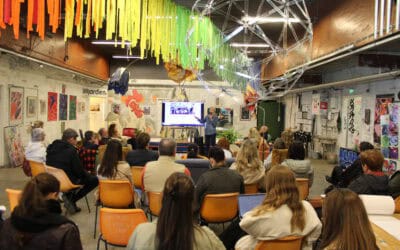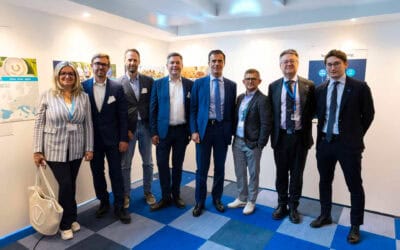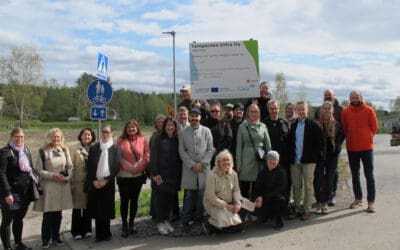Today, the Managing Authority/ Joint Secretariat of Interreg Baltic Sea Region received the first share of funds available for activities of Russian project partners. Starting in January 2019, payments to project partners will be initiated.

The north-western part of the Russian Federation has been planned to be part of the Programme area since the beginning of the current funding period 2014 to 2020. However, since the Russian Federation is not a member state of the European Union, a specific, trilateral Financing Agreement between the Russian Federation, the European Commission, and Germany as the member state hosting the Managing Authority/Joint Secretariat (MA/JS) of Interreg Baltic Sea Region is the prerequisite for payments to Russian partners. At the end of January 2018, this Financing Agreement was signed.
Since then, the MA/JS has prepared everything for the full participation of Russian partners, such as specific guidelines, visual identity elements and workshops on reporting with Russian partners. However, the Managing Authority/Joint Secretariat can initiate payments to Russian partners only once money for this purpose is available on its accounts. The first payments of this national contribution have now arrived, and the MA/JS will start processing payments to partners in Russia in January 2019.
According to the Financing Agreement, EUR 8.8 million are earmarked for Russian beneficiaries, half of which come from the European Neighbourhood Instrument (ENI), while the other half is the national contribution of the Russian Federation. 24 Russian partners in 15 projects which started in autumn 2017 are deemed to receive payments as soon as possible. Interreg Baltic Sea Region handles a total budget of EUR 282.4 million for projects which find joint solutions to common problems, and currently more than 1400 partner organisations in ten countries receive funding.
“We are happy to share this good news just before Christmas, and we know that many people are waiting to see these funds on their organisation’s accounts in order to keep their activities going”, says Ronald Lieske, team leader of the Programme Unit at the Managing Authority/Joint Secretariat in Rostock.






